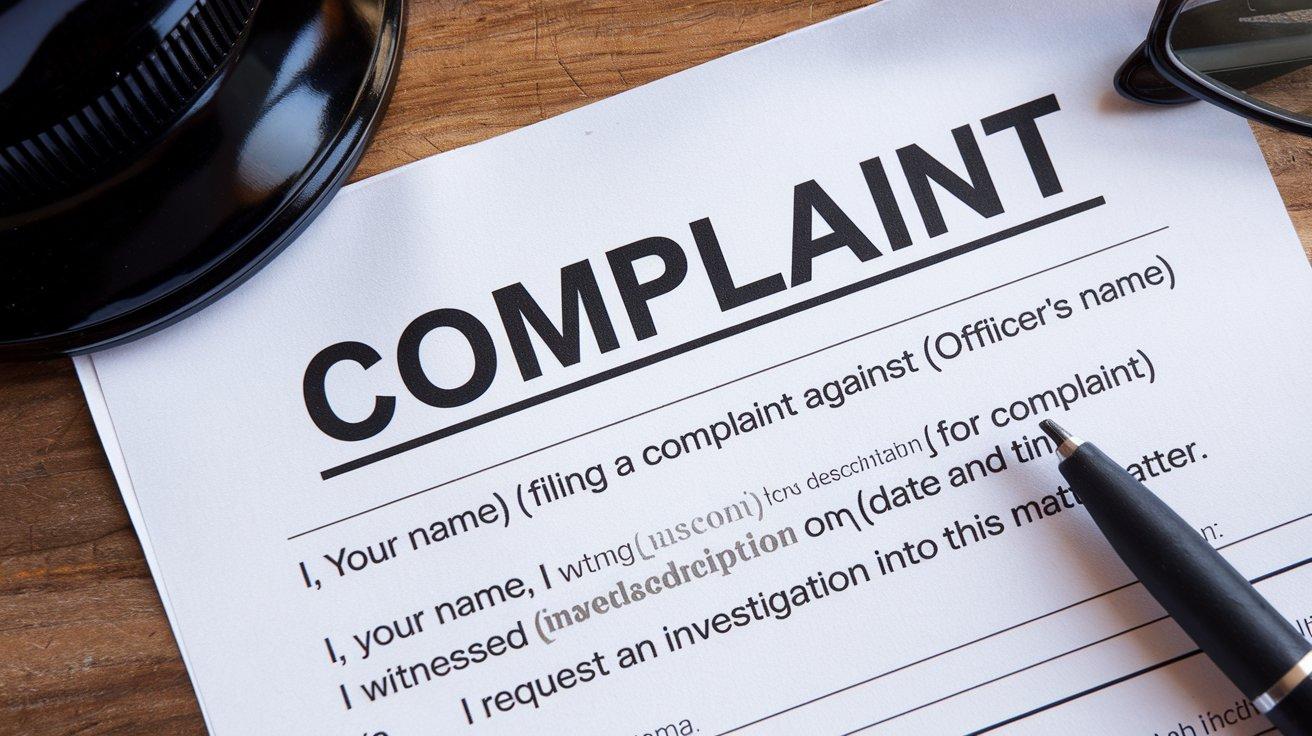The Importance of Filing an FIR: What Every Citizen Should Know

Filing a First Information Report (FIR) is a crucial step in the legal process for any citizen who has been a victim of a crime. It serves as the first official record of the incident and is essential for initiating an investigation. In this blog, we’ll explore the significance of filing an FIR, the process involved, and why consulting a lawyer for filing FIR and lawyers for police complaints can make a difference, especially when you need to file a police complaint in Delhi.
What is an FIR?
An FIR is a formal document prepared by the police when they receive information about a cognizable offense. This document marks the beginning of the legal proceedings and is crucial for ensuring that justice is served.
Why is Filing an FIR Important?
-
Official Record: An FIR creates a formal record of the crime, which is essential for any subsequent legal action.
-
Initiates Investigation: Filing an FIR obligates the police to investigate the complaint, gathering evidence and interviewing witnesses.
-
Legal Protection: An FIR can protect victims from harassment and ensure their rights are upheld. It provides a foundation for any legal action that may follow.
-
Evidence Preservation: Early filing of an FIR helps preserve vital evidence that could be crucial for solving the case.
-
Deterrent Effect: Reporting crimes and filing FIRs can deter criminals from committing offenses in the future, contributing to overall community safety.
The Process of Filing an FIR
Step 1: Gather Information
Before heading to the police station, gather all relevant details:
-
Description of the incident
-
Date, time, and location
-
Names of any witnesses
-
Any physical evidence
This preparation will help you provide a comprehensive account.
Step 2: Visit the Police Station
In Delhi, file your FIR at the police station that corresponds to the area where the crime occurred. Make sure to approach the right jurisdiction to avoid delays.
Step 3: Draft the FIR
You can either write the FIR in advance or narrate it to the officer. Ensure that it includes:
-
A clear and concise description of the incident
-
Your personal information
-
Any relevant evidence or witness details
Having a lawyer for filing FIR can help ensure that your FIR is drafted correctly and captures all necessary details.
Step 4: Submission
Submit your FIR to the duty officer. Be sure to get a copy along with an FIR number. This is your proof that the complaint has been filed and is essential for any future follow-up.
Step 5: Follow Up
Regularly follow up with the police to monitor the status of your case. Staying engaged can help ensure that your complaint receives the attention it deserves.
The Role of Lawyers in Filing FIRs
While filing an FIR can be done independently, consulting lawyers for police complaints can provide invaluable support:
-
Legal Expertise: They can help you understand your rights and the legal implications of your complaint.
-
Effective Communication: A lawyer can assist in drafting a precise FIR, ensuring that all critical information is included.
-
Navigating Challenges: If your FIR is not registered or if you face any challenges, a lawyer can help escalate the matter and advocate on your behalf.
Conclusion
Filing an FIR is not just a legal formality; it’s an essential step towards justice and accountability. Understanding its importance can empower citizens to take action when needed. If you find yourself in a situation where you need to file a police complaint in Delhi, remember that you have the right to seek legal guidance. Consulting a lawyer for filing FIR and lawyers for police complaints can ensure that your voice is heard and that the legal process works in your favor. Don’t hesitate—your safety and justice are paramount!
- Art
- Causes
- Crafts
- Dance
- Drinks
- Film
- Fitness
- Food
- Games
- Gardening
- Health
- Home
- Literature
- Music
- Networking
- Other
- Party
- Religion
- Shopping
- Sports
- Theater
- Wellness
- IT, Cloud, Software and Technology


